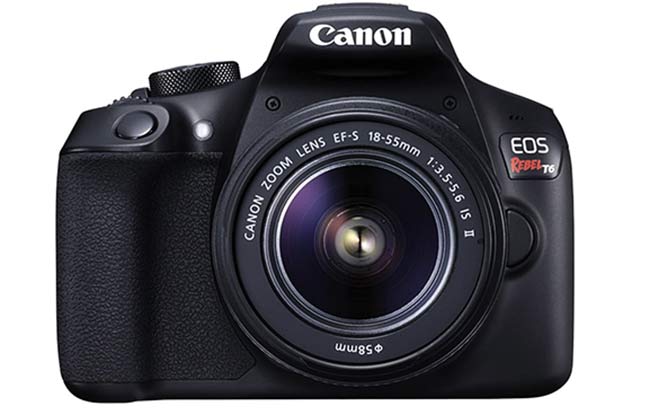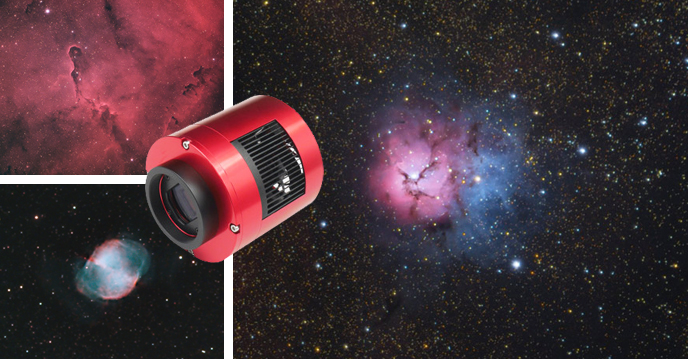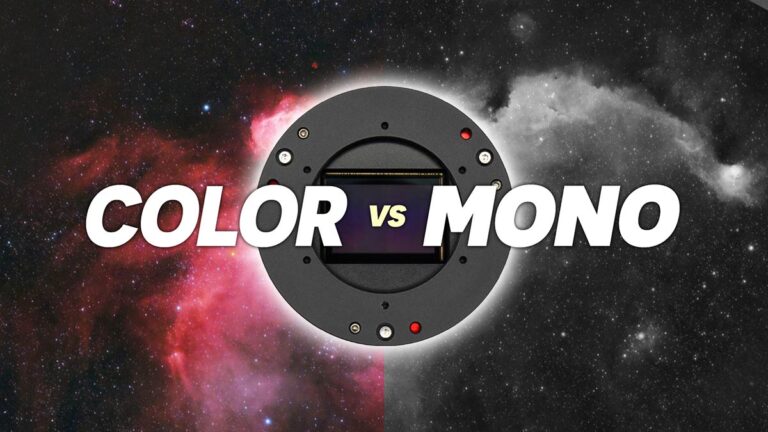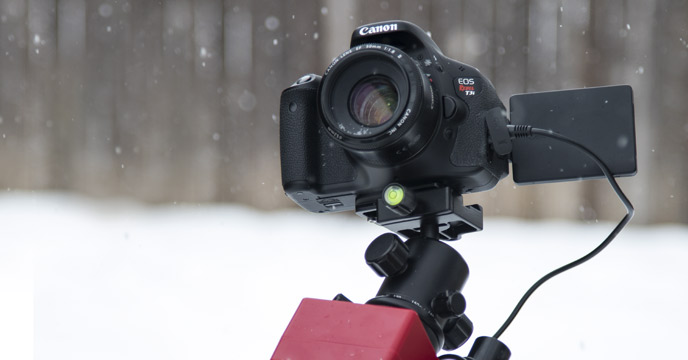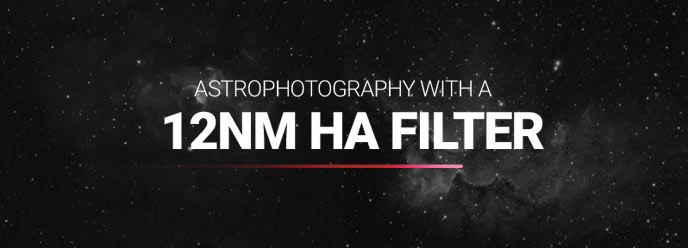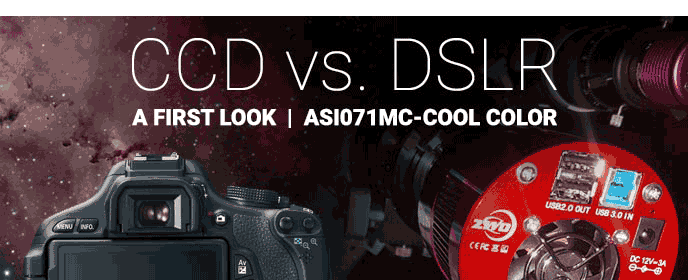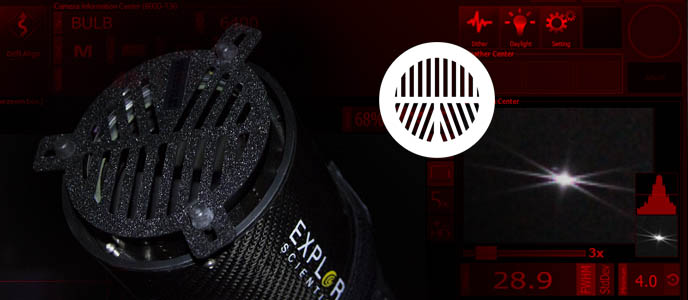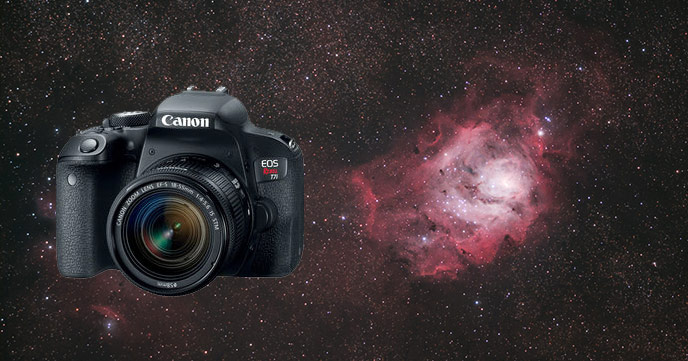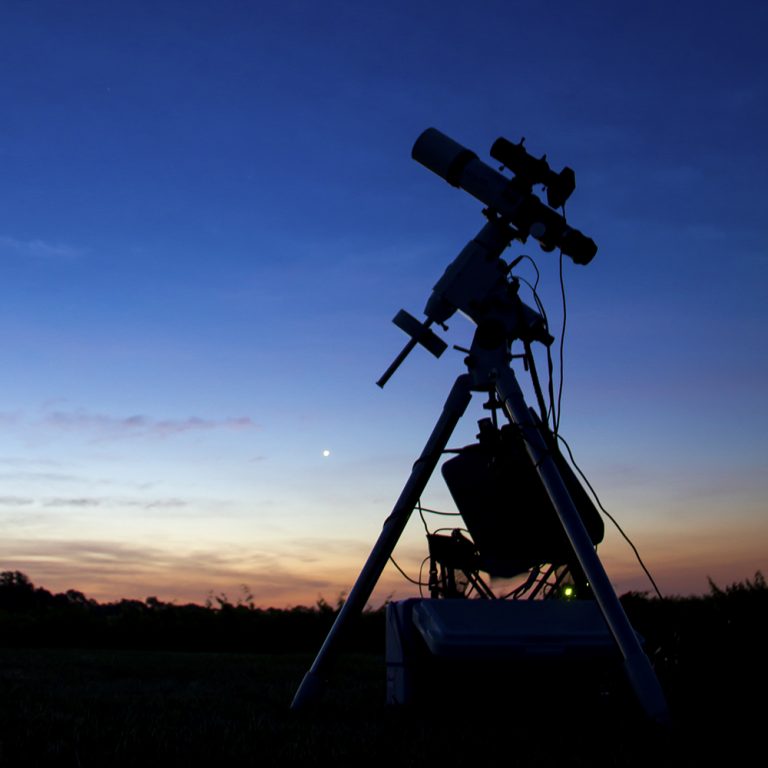Deep Sky Astrophotography in Light Pollution
If you’ve been following AstroBackyard on YouTube, you’ll know that I regularly shoot DSLR astrophotography images under the heavily light-polluted skies at home. My night sky is classified as Bortle Class 8 in terms of sky quality, a white zone on the light pollution map. This certainly makes things more difficult in terms of collecting data…
